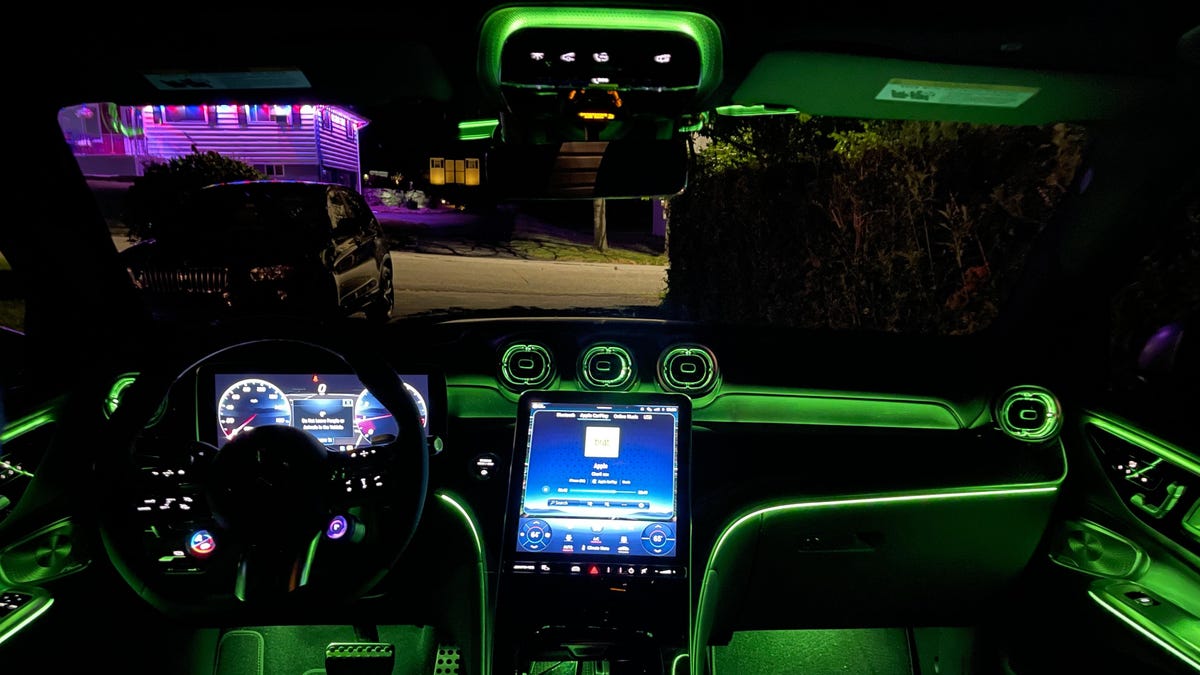It turns out that more technology in cars isn’t necessarily something customers want, and it’s not really improving their driving experience. We know my thoughts on the matter, but I’ll do my best to stay impartial on this latest survey from JD Power that shows most customers don’t appreciate technology in cars unless they can see a clear benefit to them.
JD Power’s 2024 U.S. Tech Experience Index Study evaluated over 81,000 drivers’ experience with “advanced vehicle technologies” in 2024 model year vehicles after 90 days of ownership, It turned out to be a pretty mixed bag when it came to what people liked using. There are a number of tech features that customers like using because they feels that it answers their needs, but at the same time there is a whole lot that don’t get used very often or are continually annoying, according to the survey.
…



Every single one I saw has been either slow, have terrible maps, missing maps, outdated maps, or most likely, all of the above. Doesn’t hold a candle to open maps, waze, or gmaps on a phone
Tesla uses the data from Google maps with their own route planning (for charging) and Volvo/Polestar uses straight up Google maps.
All cars that use Android Automotive with Google Services use Google Maps. A bunch of car manufacturers are either migrating over to it or already use it, including Volvo, Polestar, Chevy, Cadillac, GMC, Buick, and a few others
Some manufacturers are instead using Android Automotive without Google services, like Rivian and Porsche. I think this is because it doesn’t need a licensing fee to be paid to Google, as the actual OS without any of the Google stuff is open-source.
Cool, I only have seen Volvo and Polestar here in Europe. I hope it gets wider adoption.